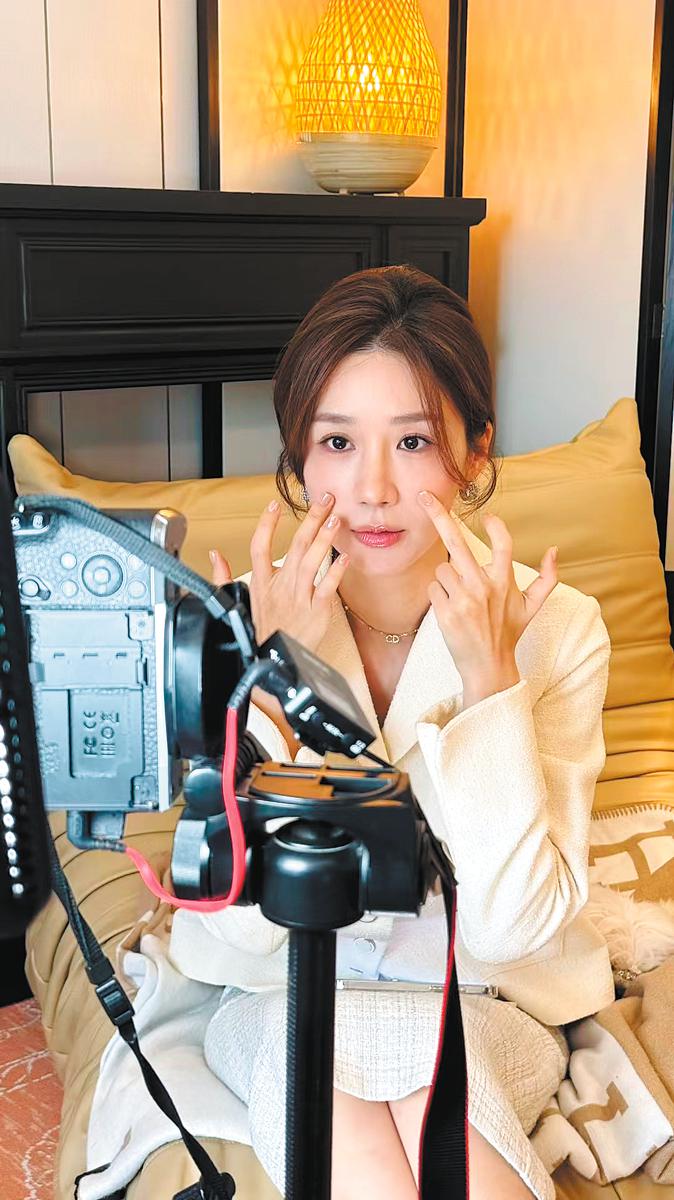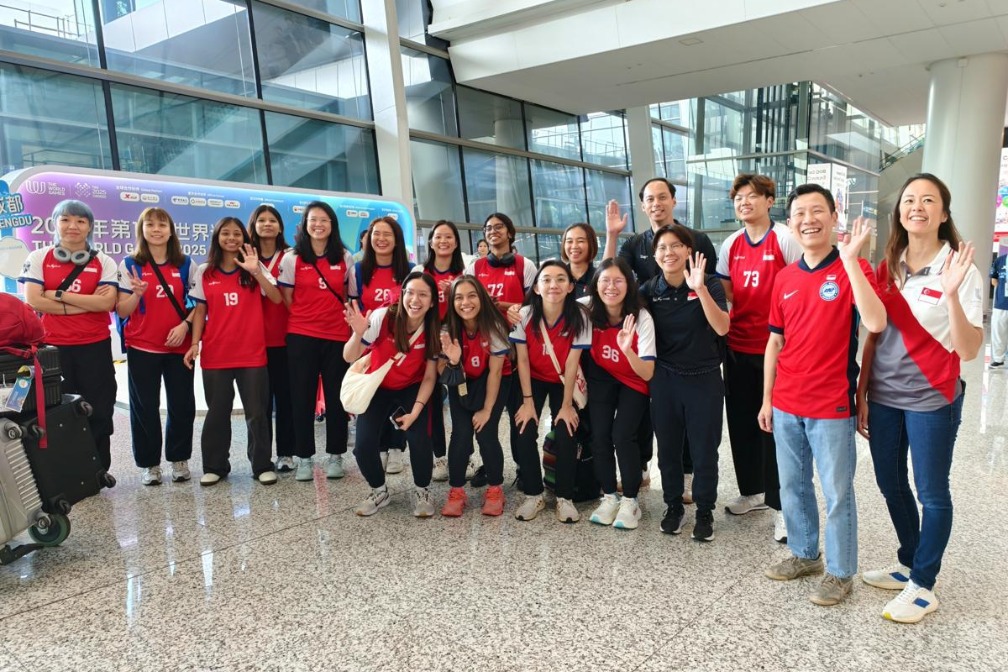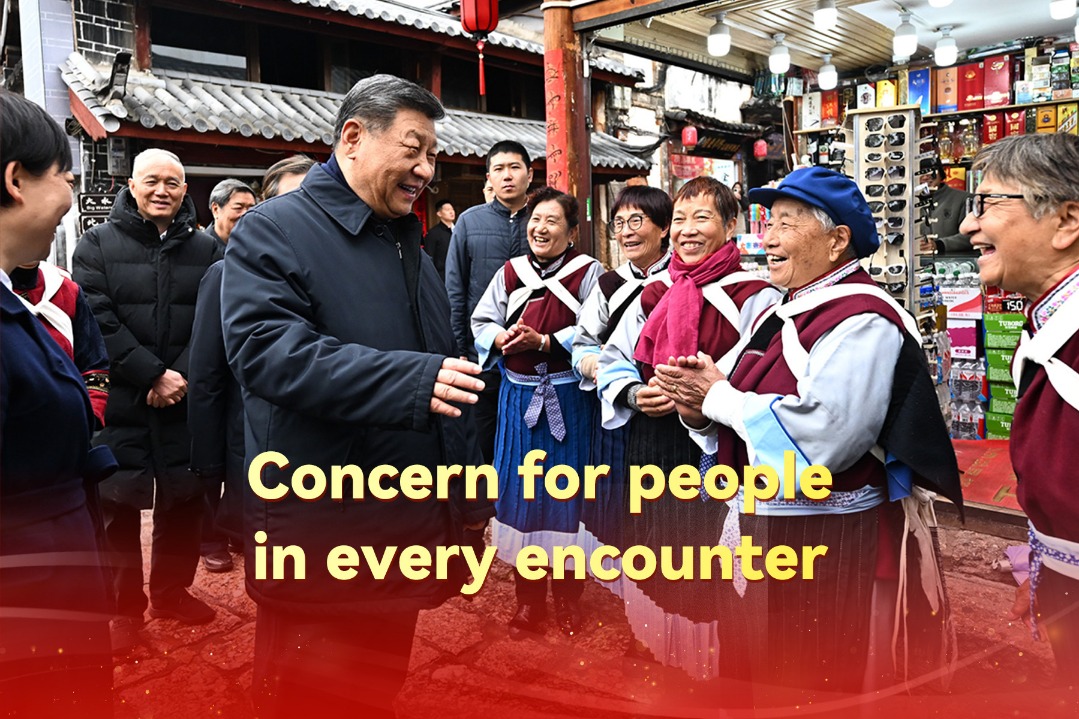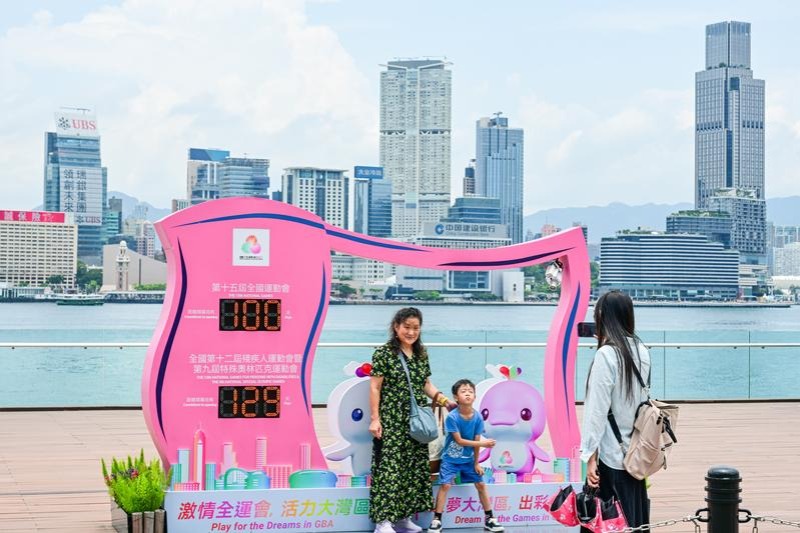Beauty industry looks beyond skin-deep changes
Younger generation turns to 'light medical aesthetics', less invasive treatments


Massaging the message
In May 2024, the number of beauty-related content pieces published across six major content platforms reached 1.2 million, representing a 24.8 percent year-on-year increase, according to data from market consultancy QuestMobile.
Broader "beauty-related consumption", which includes appearance-focused, decorative, emotionally uplifting, and aesthetically driven purchases, reached 3.07 trillion yuan in 2023 and is projected to grow to 3.21 trillion yuan in 2024, said QuestMobile.
Shi Jue, 40, from Hangzhou, Zhejiang province, has 10 years' experience in the medical aesthetics industry and previously founded two skin clinics. With her medical background, she now creates content to bridge the gap between expertise and everyday skincare concerns.
"I saw too many people misled by vague or incorrect information. I wanted to use my platform to promote accurate knowledge and help people make informed, rational choices about their appearance," she said.
Shi was first introduced to the field while working in South Korea, where dermatology and noninvasive aesthetics are more deeply integrated into everyday skincare routines.
"Anti-aging is not about chasing the latest devices or trendy injectables. It's about understanding the skin's structure and identifying the right treatments for each stage of change," said Shi.
While stressing no single approach works on its own, Shi recommends IPL(intense pulsed light) treatment as a "universal fit" for various ages and skin types. For more advanced aging concerns, individual assessment is important.
"Ultrasound-based lifting like Ultherapy works best for fuller faces with sagging, while radio-frequency-based options like Thermage are more suitable for thinner, collagen-deficient skin," said Shi.
Despite the rise in public awareness, Shi remains concerned about what she describes as "trend-driven consumption".While today's consumers are no longer uninformed, many still make choices based on social media buzz rather than personal needs, she said.
Su from Shanghai Ninth People's Hospital hopes that future regulations will better prioritize protecting patients and supporting licensed medical practitioners, both by ensuring licensed medical personnel adhere to safe, standardized practices and protecting patients' privacy from unauthorized disclosure.
She said public hospitals like Shanghai Ninth People's Hospital offer a balance of safety, credibility, and skilled professionals. "I don't oppose private clinics. Each has its role. What matters most is ensuring patients receive professional, responsible care," said Su.
In a climate of rising "appearance anxiety", Su believes a healthy future for the industry lies in transparency, education, and stronger institutional support.
"Don't be afraid but be smart. Choose a qualified doctor in a reputable institution. Think of it as maintaining your best state, not chasing perfection. Let professionals do what they're trained for. That's how we protect both people and the profession," said Su.
























